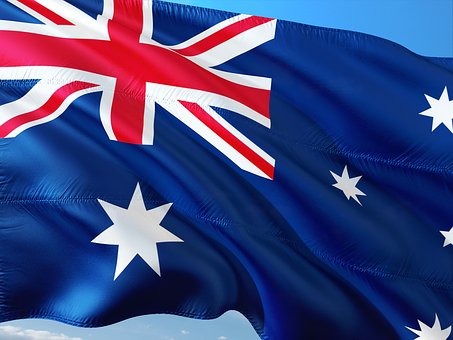Financial Regulators in Australia have taken a legal move against the developers of crypto project Qoin over allegations of misleading info declaration about the coin.
Australia’s Securities and Investments Commission (ASIC) stated that it had started civil penalty hearings in the Federal Court of Australia. The Australian financial watchdog estimated that over 79,000 consumers might have thought the Qoin token.
Even though these investors complied with financial services laws, the ASIC said the Qoin team did not. Operated by BPS Financial, Qoin crypto went live in 2020, with Raj Pathak and Tony Weise co-founding it.
According to data on the company’s official website, owners of the Qoin token can use it for transactions at almost 38,000 merchants. But the token’s value depends on the merchants’ buying power.
The company also revealed that this value could change depending on its transaction volume on the Block Trade Exchange (BTX).
Yet, the ASIC claims that BPS operates the Block Trade Exchange (BTX) and alleges that the sudden restrictive measures on the platform prevent Qoin token holders from exchanging their tokens for the Australian dollar.
Hence, the Australian financial watchdog believes that BPS made “false, misleading or deceptive representations” after it previously admitted that Qoin investors, holders, or traders would be allowed to exchange the token for other crypto or legal money via independent exchanges.
Misleading Statements By Qoin
According to the ASIC, the Qoin team made other misleading statements. For example, it gave the impression that the number of merchants taking part in the project was growing and that the Qoin Facility had obtained an operating license in Australia.
The ASIC deputy chair Sarah Court said: “despite the level of trust BPS marketing has, Qoin merchant number has been reducing, and there have been times it was not possible to trade Qoin tokens on independent exchanges.”
“The ASIC is mainly concerned about the misrepresentation that the Qoin project operates with Australian regulations. We trust that up to 79,000 users and individuals who have purchased and joined the Qoin Facility will think it was working with financial services laws when according to ASIC, it is not.”
The regulator used the opportunity to warn other cryptocurrency companies, reminding them that the ASIC would take legal action against any misleading promotion and unauthorized conduct.
The ASIC deputy chair continued: “The crypto industry has highly volatile assets that are inherently risky and complex.” “These assets are different, which usually makes it difficult to compare them with each other or any other form of asset. Hence, crypto investors need to get quality information before investing.”
